The song is from a time that people under 60 cannot know, although it has not yet been completely forgotten (probably because Brigitte Bardot sang it with the Frères Jacques). It is its title that comes to mind when one confronts the assessment of what has become of intellectual property with the vision that Stanislas Jean de Boufflers, known as “the knight of Boufflers”, proposed more than two centuries ago in his famous report “on the property of the authors of new discoveries and inventions in all kinds of industry”. The title: Do not insist, Stanislas. On this one, indeed, Stanislas, you have not been a visionary. You even got it (almost) all wrong.

Your enthusiasm was sympathetic. But frankly, basing the patent on natural law (a tree born in a field does not belong so unquestionably to the master of that field…) could not stand up to scrutiny, and the great law of 1844 rectified the position by opting radically for a utilitarian approach which has not been denied.
Perhaps your merit was to show the way for what was not yet called literary and artistic property. Perhaps you inspired your colleague Le Chapelier when, 15 days later (January 13, 1791), he, without fearing hyperbole, declared that “the most sacred, the most legitimate, the most unassailable, and, if I may say so, the most personal of properties, is the work that is the fruit of a writer’s thought. Disavowed on the ground of the patent, you could then claim a right of paternity on the copyright “à la française”.
But first of all, the filiation is doubtful. You certainly evoke invention as “the source of the arts” but it is naturally the “useful arts” that you have in mind. For his part, Le Chapelier thinks only of comedians and playwrights. Have you even crossed your views? Nothing is less sure. In any case, the time had not come for a global reflection on intellectual property. It was not until fifty years later that Lamartine demanded justice, in the name of the “ineffaceable code of equity” written by God, for those who enriched humanity with “a masterpiece of the human mind” as well as with “one of those ideas that transform the world”, and whose productions were then exploited by “industry and commerce”. But Lamartine, who militated for the perpetuity of the literary property (the legislator “will only have to say always where our law said fifty years and the intelligence will be emancipated”), was not either prophet.
Secondly, copyright “à la française” is, in any case, in the process of extinction. The “personal” property praised by Le Chapelier (you yourself used the adjective for the patent) is giving way to a purely “economic” property, at the price of an erasure of moral rights, of which there is no longer any trace in the texts of European Union law or in recent national instruments. The very idea of property (or even that of exclusivity) is no longer unanimously accepted, the author being confined by a certain doctrine to a simple right to remuneration, which is basically worse treated than the inventor, which is paradoxical.
More radically, the legitimacy of copyright is more and more often questioned: slyly, by using, for example, the lever of a systematic competition with fundamental rights (freedom of expression and its corollary, freedom of creation) or by decreeing that the public domain is the rule and the exclusive right the exception, to be strictly delimited; openly, by presenting it as a monopoly that could have had its raison d’être in the economic and social context of the two previous centuries but that would have become villainous in the digital environment. At the very least, it is fashionable to denounce the excess of copyright, predicting that it will kill it. The merchants, who have never liked it, are not disarmed and are reinforced by Internet users who are led to believe that it threatens their individual freedom. As there are many Internet users, the legislator has become circumspect.
We will undoubtedly seek some comfort in noting that the March 17, 2019 directive on the digital single market has declined on several registers (the responsibility of platforms, the neighboring right of the press publisher, the exploitation contracts) the theme of a better sharing of value, which should turn to the advantage of authors. Let’s wait to know the details of the transposition and to taste the fruits that it will produce.
Moreover, even if, as we must hope, the law proves to be fruitful from this point of view, we will remain far from your metaphor of the “master of the field”. The truth is that intellectual property is not, or at least is no longer, that “primitive property”, a simple “concession of nature” that you described in your famous report. Le Chapelier and Lakanal, following in your footsteps, had dreamed of an author delivering the “productions (of his) genius” (Lakanal said) to the public and benefiting, in return, from the prerogatives of a super-owner. You would be, all three of you, very sad to discover that he is now only a creditor among others, obliged to fight hard to get a few crumbs from the gigantic cake that is being fought over by operators and intermediaries of all kinds.
From Breslau, where you had prudently taken a field trip, you shuddered when you were told that in the middle of the Terror, the president of the Revolutionary Court had refused to stay the execution of Antoine de Lavoisier on the grounds that “the Republic has no need of scientists or chemists”. Today, one would think that the consumer society does not need authors, as “content providers” are good enough.
You have to make yourself a reason, Stanislas, your beautiful words will not slow down the march of Progress.
André Lucas
Professor Emeritus of the University of Nantes
